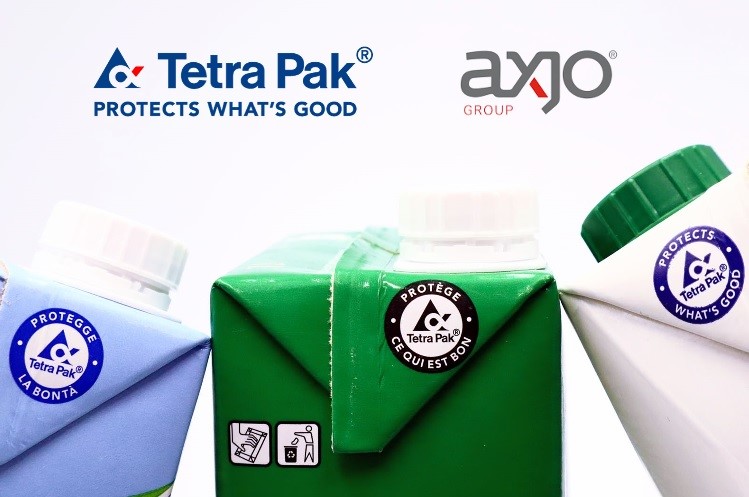您想继续阅读英文文章还
是切换到中文?
是切换到中文?

THINK ALUMINIUM THINK AL CIRCLE

Tetra Pak and Axjo Group are working together to explore the possibility of constructing a new recycling plant specifically for the polyAl layers found in carton packaging. This plant would have the capability of recycling up to 10,000 tonnes of material annually.

PolyAl layers, made from a combination of polymer and aluminium, are commonly used in carton packaging to protect the product by acting as a barrier against oxygen and humidity. Axjo Group is already in the business of recycling these layers from Tetra Pak packaging and repurposing them for use in the wire and cable industry, as well as for 3D printing spools.
The project will require a collaborative investment of up to €24 million and is part of a larger industry-wide trend towards greater investment in the EU's capacity for beverage carton recycling, with an estimated €200 million already invested and a further €120 million expected by 2027.
The new plant, which is expected to begin operating in 2025 in Gislaved, Sweden, will expand on this process by recycling polyAl components and incorporating them into injection-moulded plastic products such as cable drums, reels, spools, and plastic storage boxes.
The hope is that this process will also encourage more polyAl recycling in Sweden, Denmark, and Norway and help meet the EU Packaging and Packaging Waste Regulation requirements while demonstrating the benefits of recycling to increase sustainability in the food packaging industry.
The managing director of Tetra Pak North Europe, Alex Henriksen, commented: "This marks the start of implementing a completely circular economy for beverage cartons in Sweden, Denmark and Norway, and shows that beverage cartons are a valuable resource that can be utilised over and over again in many applications."
Axjo Group CEO, Jacob Nilsson, exemplified: "We are proud and excited to collaborate with Tetra Pak on this circular innovation project. The PolyAl raw material will be a crucial component in our new procurement strategy."
"Having access to large quantities of this raw material in our local area opens new opportunities for us to create recycled Greenology materials with an exceptionally low CO2 footprint. This will provide our customers with something truly unique and sustainable. We also foresee that this will create new job opportunities in the municipality of Gislaved moving forward," Nilsson added.
In a recent explanatory article by EXTR:ACT e.V in alliance with ACE, the potential benefits of increased collection of laminated paper packaging were outlined, including greater opportunities for polyAl usage in recycling efforts.
Before this advancement, Tetra Pak also joined hands with Stora Enso to open a new recycling line for post-consumer beverage cartons in Ostrołęka, Poland, with the aim of tripling the country's beverage carton recycling capacity.
Responses








